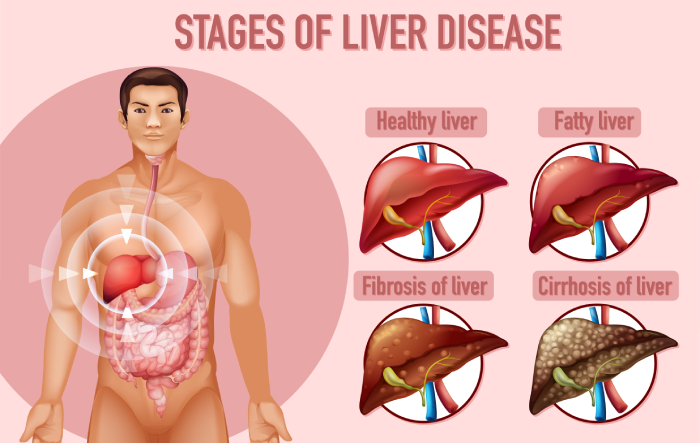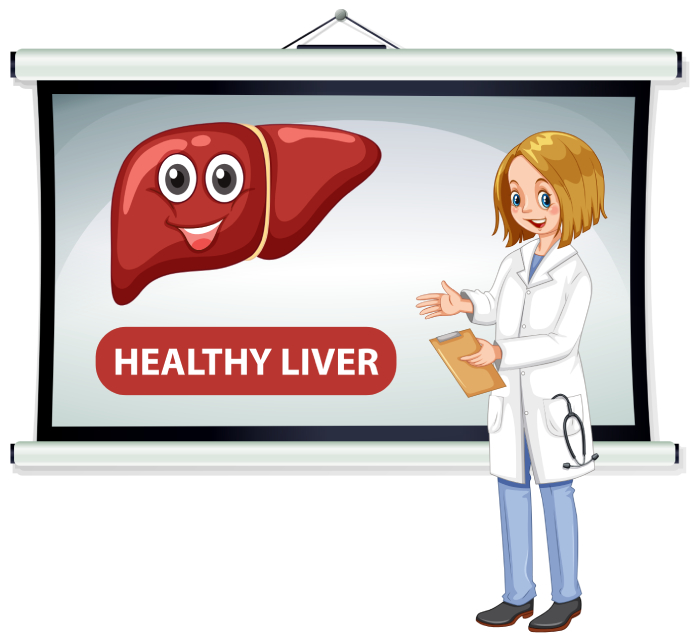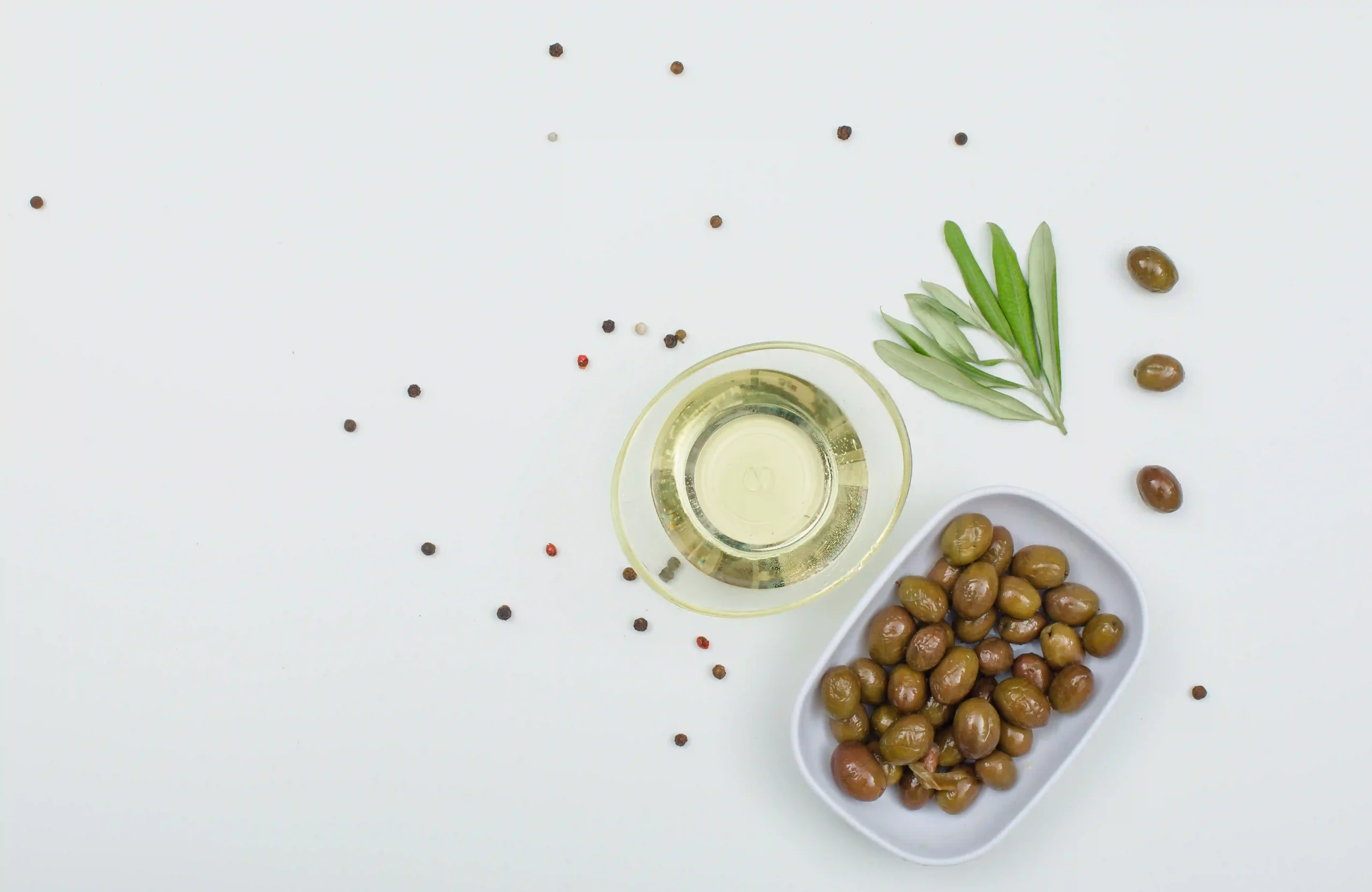Hey there, health nuts and curious cats! Ever wondered if there’s a secret ingredient hiding in your spice rack that could give your liver a much-needed boost? Well, get ready to meet piperine, the unsung hero of the culinary world that’s about to become your liver’s new BFF. Yep, you heard it right – we’re talking about piperina para el hÃgado graso, or as we say in English, piperine for fatty liver. It’s time to spice up your life and your liver health!
What the Heck is Piperine, Anyway?
Okay, so before we get too carried away, let’s break it down. Piperine is the cool kid on the block when it comes to black pepper. It’s the compound that gives black pepper its kick and makes you sneeze when you accidentally inhale too much (we’ve all been there, right?). But here’s the kicker – this spicy little molecule isn’t just there to make your food taste better. It’s got some serious health benefits up its sleeve, especially when it comes to your liver.
Now, you might be thinking, “Hold up, how can something I sprinkle on my food help my liver?” Well, my friend, that’s the beauty of nature’s pharmacy. Piperine, which is basically the active ingredient in black pepper extract (piperine), is like that overachiever in high school who was good at everything. It’s got antioxidant properties, anti-inflammatory powers, and it’s a bioavailability enhancer. In plain English? It helps your body absorb other nutrients better. Talk about a team player!
Fatty Liver: The Unwanted House Guest
Before we dive deeper into how piperina para el hÃgado graso works its magic, let’s chat about fatty liver for a hot second. Imagine your liver is like your body’s cleaning crew. It works 24/7 to filter out toxins, process nutrients, and keep things running smoothly. But sometimes, it gets a bit overwhelmed and starts storing fat instead of processing it. That’s when you end up with fatty liver disease.
It’s like having an unwanted house guest who shows up, crashes on your couch, and refuses to leave. Fatty liver can lead to inflammation, scarring, and even more serious liver problems down the road. And the worst part? It often doesn’t show any symptoms until things get pretty bad. Sneaky, right?

Piperine to the Rescue: How It Helps Your Liver
So, how exactly does piperine supplement help combat fatty liver? Well, it’s kind of like sending in a special ops team to help your overworked liver. Here’s the lowdown:
- Fat-Busting Power: Piperine has been shown to help reduce fat accumulation in the liver. It’s like it walks into your liver, looks at all the fat hanging around, and says, “Nope, not on my watch!”
- Inflammation Fighter: Remember how we said piperine has anti-inflammatory properties? Well, that’s great news for your liver. Inflammation is a key player in fatty liver disease, and piperine helps keep it in check.
- Antioxidant Superhero: Free radicals are like those annoying party crashers that wreak havoc on your cells. Piperine acts like a bouncer, showing those free radicals the door and protecting your liver cells from damage.
- Metabolism Booster: Piperine doesn’t just sit around looking pretty. It actually helps kick your metabolism into high gear, which can help your body process fats more efficiently.
- Nutrient Absorption Enhancer: Remember how we said piperine is a bioavailability enhancer? Well, that means it helps your body absorb other nutrients better. And when your body can use nutrients more efficiently, your liver doesn’t have to work as hard. It’s like giving your liver a little vacation!
The Dynamic Duo: Curcumin and Piperine
Now, here’s where things get really interesting. You’ve probably heard of turmeric, right? That golden spice that’s been all the rage in the health world? Well, the active compound in turmeric is called curcumin, and it’s got some pretty impressive health benefits of its own. But here’s the catch – curcumin on its own isn’t very bioavailable. In other words, your body has a hard time absorbing it.
Enter piperine, the superhero sidekick. When you combine curcumin with piperine, it’s like giving curcumin a jetpack. Studies have shown that piperine can increase the bioavailability of curcumin by up to 2000%! That’s why you’ll often see curcumin piperine supplement or turmeric with piperine supplements on the market.
So, what does this mean for your liver? Well, curcumin has been shown to have some pretty impressive effects on liver health. It can help reduce inflammation, protect against oxidative stress, and even help prevent fat accumulation in the liver. And when you pair it with piperine? It’s like sending in the A-team to tackle fatty liver.
How to Get Your Piperine Fix
Now that you’re all excited about piperine (I can practically see you bouncing in your seat), you’re probably wondering how to get more of this liver-loving compound into your life. Well, fear not, my health-conscious friend! I’ve got you covered.
- Spice Up Your Life: The simplest way to get more piperine is to use more black pepper in your cooking. Sprinkle it on everything from eggs to salads to soups. Your taste buds and your liver will thank you!
- Supplement Savvy: If you’re looking for a more concentrated dose, you might want to consider a piperine supplement. Look for products that contain black pepper extract (piperine) or bioperine (a patented form of piperine).
- Turmeric Team-Up: Remember that dynamic duo we talked about? Look for curcumin with piperine bioperine supplements to get the best of both worlds.
- Infinite Absorption Piperine: Some supplement brands offer what they call “infinite absorption” piperine formulas. These are designed to maximize the bioavailability of the compound.
- Mix and Match: Try combining piperine-rich foods with other liver-friendly ingredients. For example, you could make a turmeric latte with a sprinkle of black pepper, or add both spices to your morning smoothie.
The Piperine vs. Capsaicin Showdown

Now, I know what some of you spice aficionados might be thinking: “Hey, what about capsaicin? Isn’t that the spicy compound in chili peppers?” You’re absolutely right, and it’s a fair question. While both piperine and capsaicin are compounds that give spices their kick, they have some different effects on the body.
Capsaicin is known for its pain-relieving properties and its ability to boost metabolism. It’s the compound that makes you feel like your mouth is on fire when you eat a hot pepper. Piperine, on the other hand, is more mild in terms of spiciness but packs a bigger punch when it comes to enhancing nutrient absorption.
When it comes to liver health, piperine seems to have the edge. While capsaicin has some health benefits of its own, piperine’s ability to enhance the absorption of other nutrients (like our friend curcumin) makes it a standout player in the liver health game.
The Pronunciation Game: It’s Pipe-er-een, Not Pipe-er-ine!
Before we go any further, let’s address the elephant in the room – how the heck do you pronounce piperine? It’s not pipe-er-ine (rhymes with fine), but pipe-er-een. Now you can impress your friends at your next dinner party when you casually drop “piperine pronunciation” into the conversation. You’re welcome!
Piperina: The Spanish Connection
For our Spanish-speaking friends out there, you might be more familiar with the term “piperina.” And if you’re wondering “piperina que es” or “que es la piperina,” it’s essentially the same thing as piperine. It’s just the Spanish term for our favorite black pepper compound. So whether you’re searching for “piperina para el hÃgado graso” or “piperine for fatty liver,” you’re on the right track!
The Global Piperine Party
It’s not just the English and Spanish-speaking worlds that are catching on to the piperine craze. In Portuguese, you might see it referred to as “açafrão com piperina” when it’s combined with turmeric. The piperine party is going global, folks!
How Much is Too Much?
Now, before you go and dump an entire container of black pepper into your next meal (please don’t), let’s talk about dosage. As with anything, moderation is key. While piperine is generally considered safe, taking too much can lead to side effects like nausea or an upset stomach.
If you’re considering a piperine supplement, it’s always best to talk to your healthcare provider first, especially if you’re taking any medications. Piperine can interact with certain drugs, so it’s better to be safe than sorry.
The Future of Piperine Research
As exciting as the current research on piperine is, we’re really just scratching the surface. Scientists are continuing to study this fascinating compound and its potential benefits for liver health and beyond. Who knows? In a few years, we might be talking about piperine as the next big thing in health and wellness.
Some areas of ongoing research include:
- Piperine’s potential role in weight management
- Its effects on brain health and cognitive function
- Its possible anti-cancer properties
- Its impact on gut health and the microbiome
So, watch this space – the piperine story is far from over!
Wrapping It Up: Your Liver’s New Best Friend

So there you have it, folks – the spicy scoop on piperina para el hÃgado graso. Who knew that the secret to liver health might be hiding in your pepper grinder? From its fat-busting powers to its role as curcumin’s trusty sidekick, piperine is proving to be a real powerhouse when it comes to supporting liver health.
Remember, while piperine shows a lot of promise, it’s not a magic bullet. A healthy liver depends on a balanced diet, regular exercise, and a lifestyle that goes easy on the things that stress out your liver (I’m looking at you, alcohol and processed foods).
But if you’re looking to give your liver a little extra love, why not spice things up with some piperine? Whether you’re sprinkling extra black pepper on your food, trying out a curcumin with piperine supplement, or experimenting with turmeric and black pepper combos in your cooking, your liver just might thank you.
So go ahead, embrace the power of piperine! Your taste buds – and your liver – will be glad you did. And who knows? You might just become the piperine evangelist in your friend group. Just remember to nail that pronunciation first!



